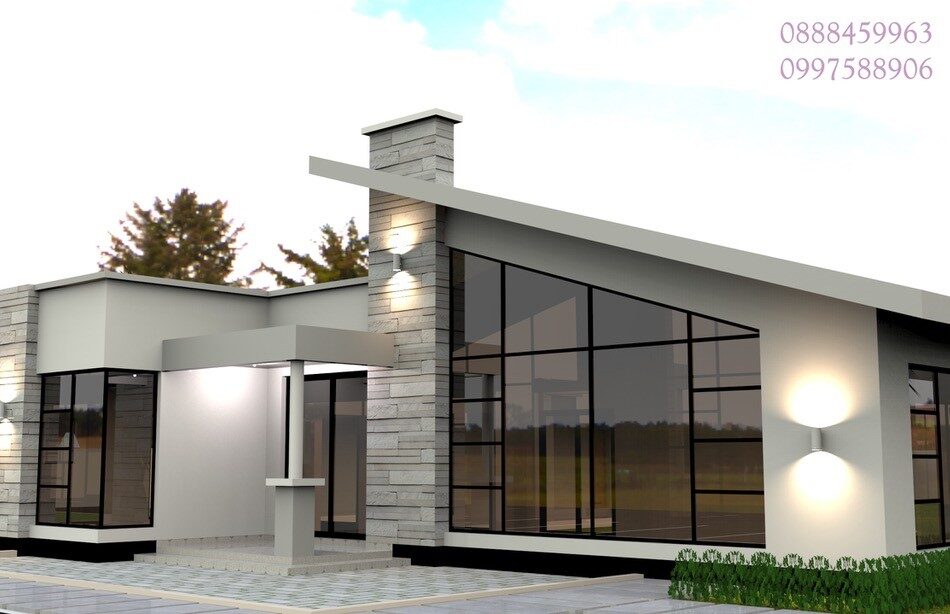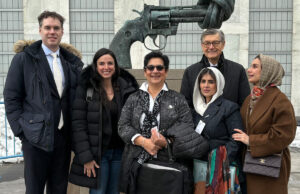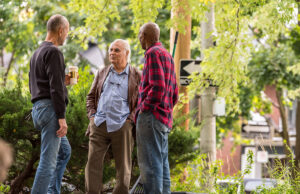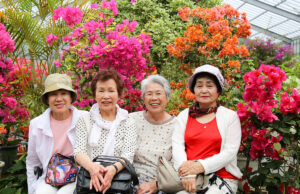Snapshot of Malawi
The Republic of Malawi is a small country located in south-eastern Africa, covering 118, 484 square kilometers of land and water surface area. Malawians are characteristically warm, friendly, and peace-loving—resulting in the country being branded as the Warm Heart of Africa.
- Bordered by Mozambique on the west and southwest, by Tanzania on the north and northeast, and by Zambia on the west and northwest.
- Boast a rich cultural heritage, fertile soils that favor agriculture (the major economic driver), and beautiful landscapes such as Mulanje Mountain and Lake Malawi, the third largest of the East African Rift Valley.
- Population is predominantly rural-based and youthful—more than 84% of the population lives in rural areas, and 51% of the people are below the age of 18.
- Life expectancy is estimated at 58.4 for both sexes in 2017. Further, about 91% of elderly people live in rural communities.
A significant proportion of the Malawian youth are seen as a precious resource that if properly cultivated may help accelerate and sustain the country’s economic and political development.
Health Care in Malawi
In 2019, the United Nations held a high-level meeting on universal health coverage which committed governments to increase health coverage and services for all people by 2030. The meeting recognized the importance of focusing on health outcomes across the life course, and the imperative to “promote healthy and active ageing, maintain and improve quality of life of older persons and to respond to the needs of the rapidly ageing population, especially the need for promotive, preventive, curative, rehabilitative and palliative care as well as specialized care and the sustainable provision of long-term care.”
Universal health coverage is only universal if it addresses the health needs and rights of people of all ages. Health systems that do not respond to the global non-communicable disease crisis are not fit for purpose. Policy commitments to universal health coverage need to take account of the health needs of the whole population, including older people. For this to happen, universal health coverage needs financial backing and effective public financing of health systems.
In Malawi, public health care services are provided mainly through the Ministry of Health in collaboration with district, town, and city councils. These only aim to provide curative services and laboratory services, to a minimal level. However, from time to time, the government through the Ministry of Health works hand in hand with private sector facilities to deliver various components of Primary Health Care (PHC), mainly through Service Level Agreements.
All these facilities are virtually for the general population and there are no known public or private facilities specially designated for the elderly in the country, except for a few low-level community initiatives that are mainly attached to operations of selected charity organizations. In addition to that, although there may be special wards and sections for children or pregnant mothers at almost all levels, there are no similarly designated sections for older people at any level and no deliberate policies are in place to promote and improve accessibility of facilities and services for this population group. This is despite well-established knowledge drawn from day-to-day clinical experiences that older people are prone to serious health, psychosocial, and cultural issues that differ significantly from other population groups thereby requiring special attention.
However, the Government of Malawi recognizes the influence of health status on an older person’s capacity to earn a living and participate in family and community life, through the National Policy for Older Persons (2016). This policy commits to introduce elderly-friendly health services and lobby for inclusion of geriatric health services in existing health facilities in order to improve management of chronic diseases associated with ageing.
Good health enables older men and women to achieve the things they value, fosters their ongoing social participation (helping to prevent isolation), and has broader benefits for society by enabling their multiple contributions. Poor health undermines this engagement. It also takes a heavy toll on families who may need to provide care for a previously active family member or could become impoverished by health care costs. Sadly, these burdens are spread inequitably: those with the least resources, or who live in the poorest areas, are most at risk.
MANEPO’s Residential Care Home
In a bid to respond to the needs for long-term services in Malawi, MANEPO is in the process of constructing the first-ever residential home for providing long-term care to Malawians. MANEPO’s timely initiative is also addresses a gap in facilities which have not been given a priority in Malawi for a long time. It is against this background that we, at MANEPO, cannot continue to watch health woes associated with old age in Malawi from a distance and hence the need for breaking the odds.
The 15-bed facility is meant to provide excellent elderly care to Malawians. There is a conception that an elderly person only takes up residence after having exhausted all other possibilities. But MANEPO’s view is that care homes are not death lounges, a reality that is challenged when one observes daily life among some older men and women.





